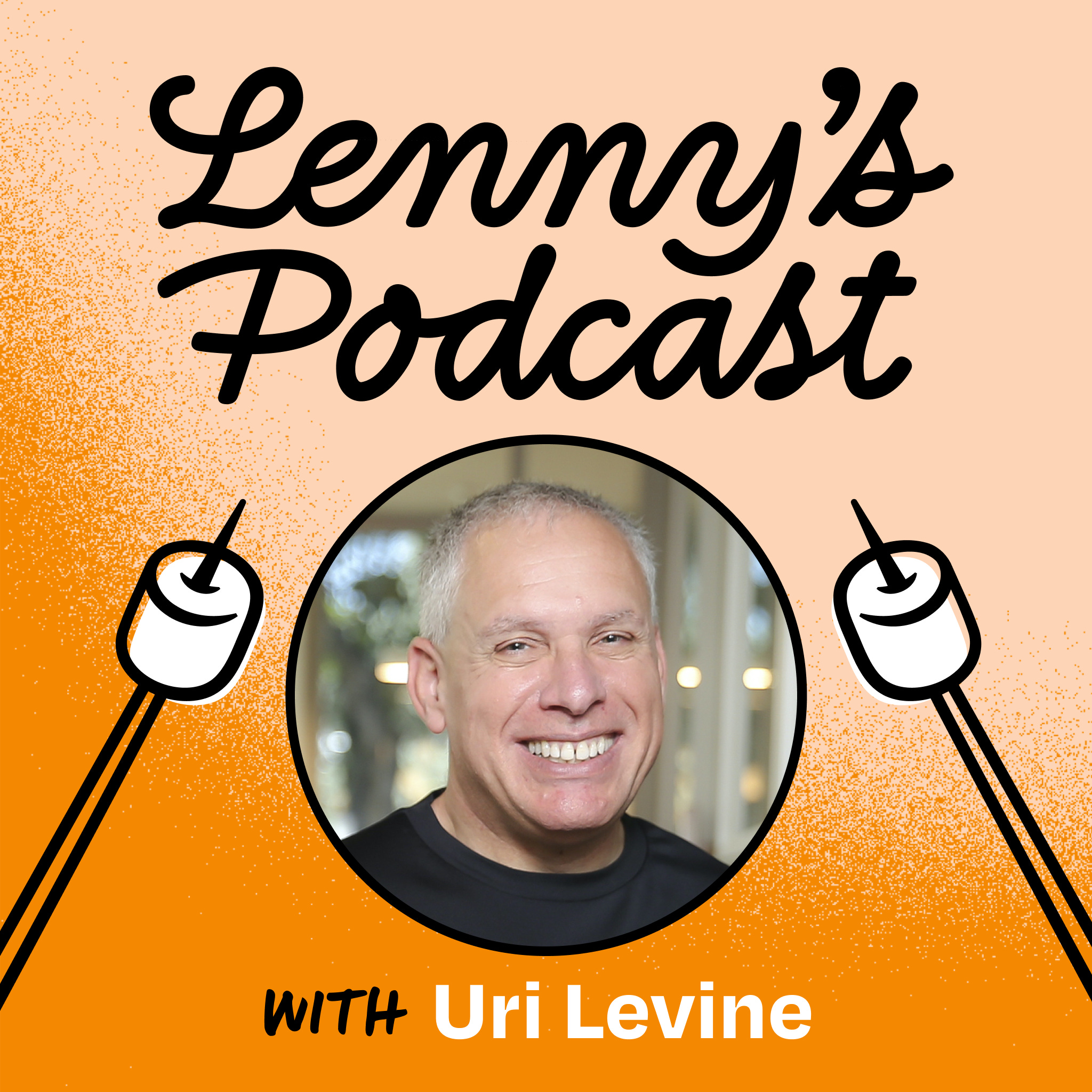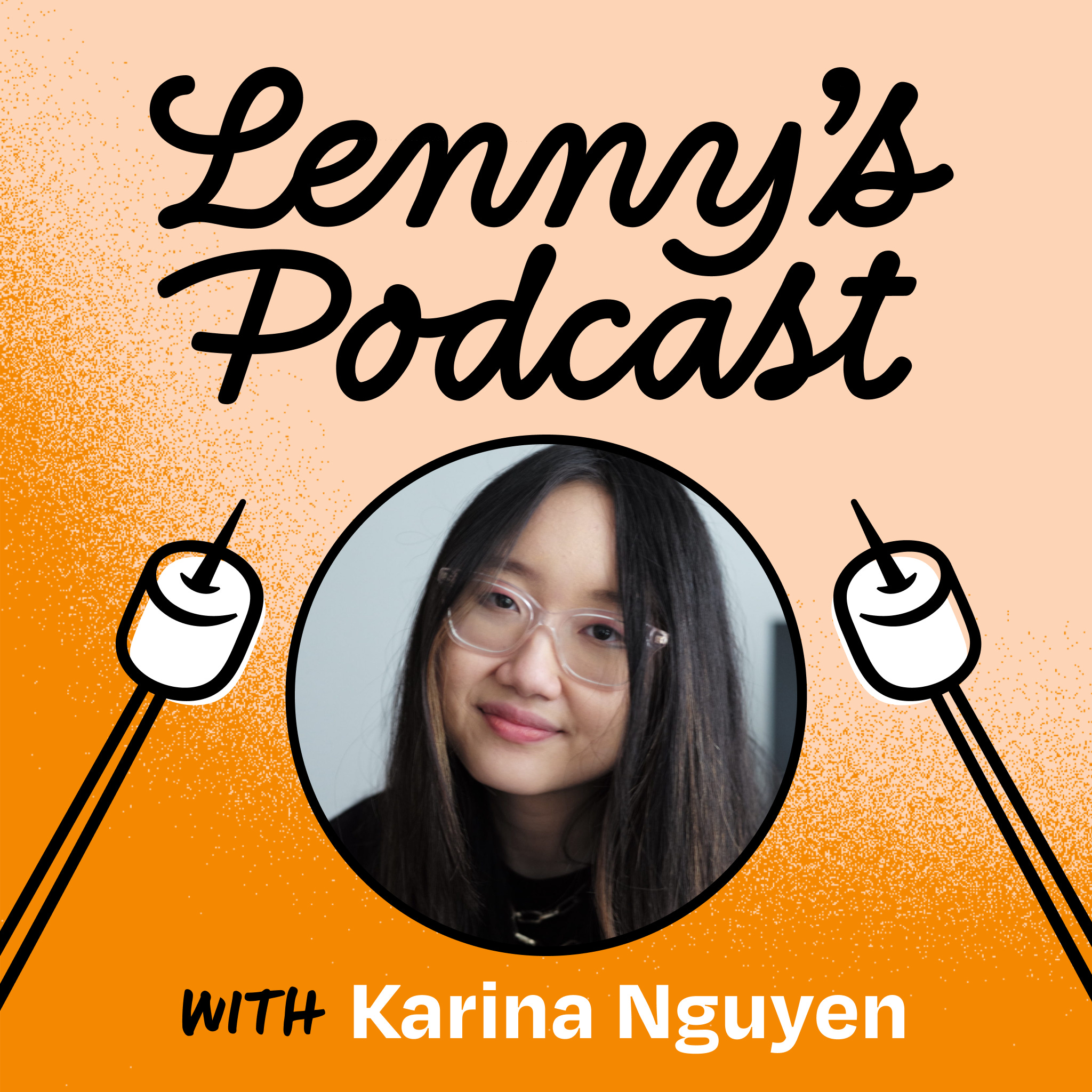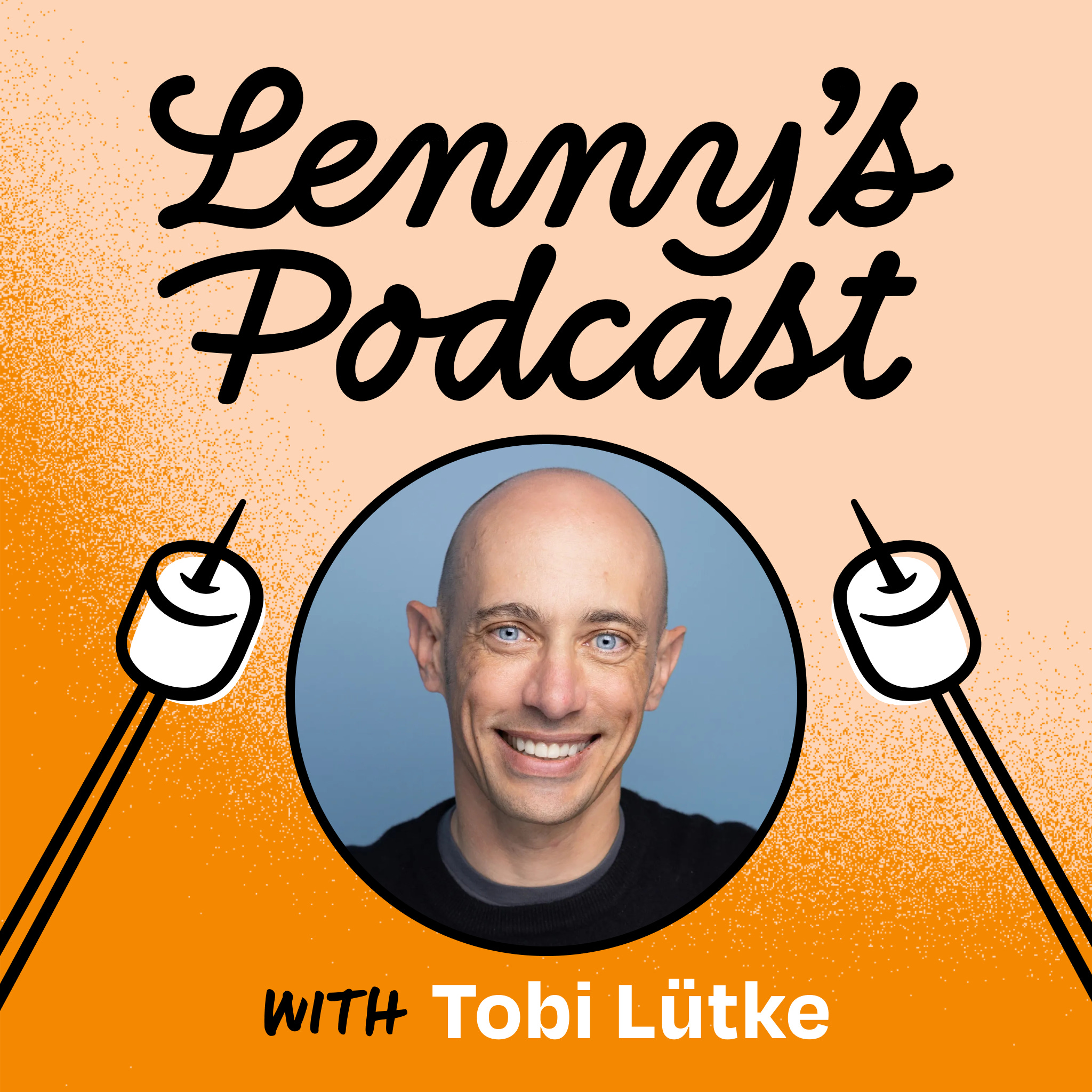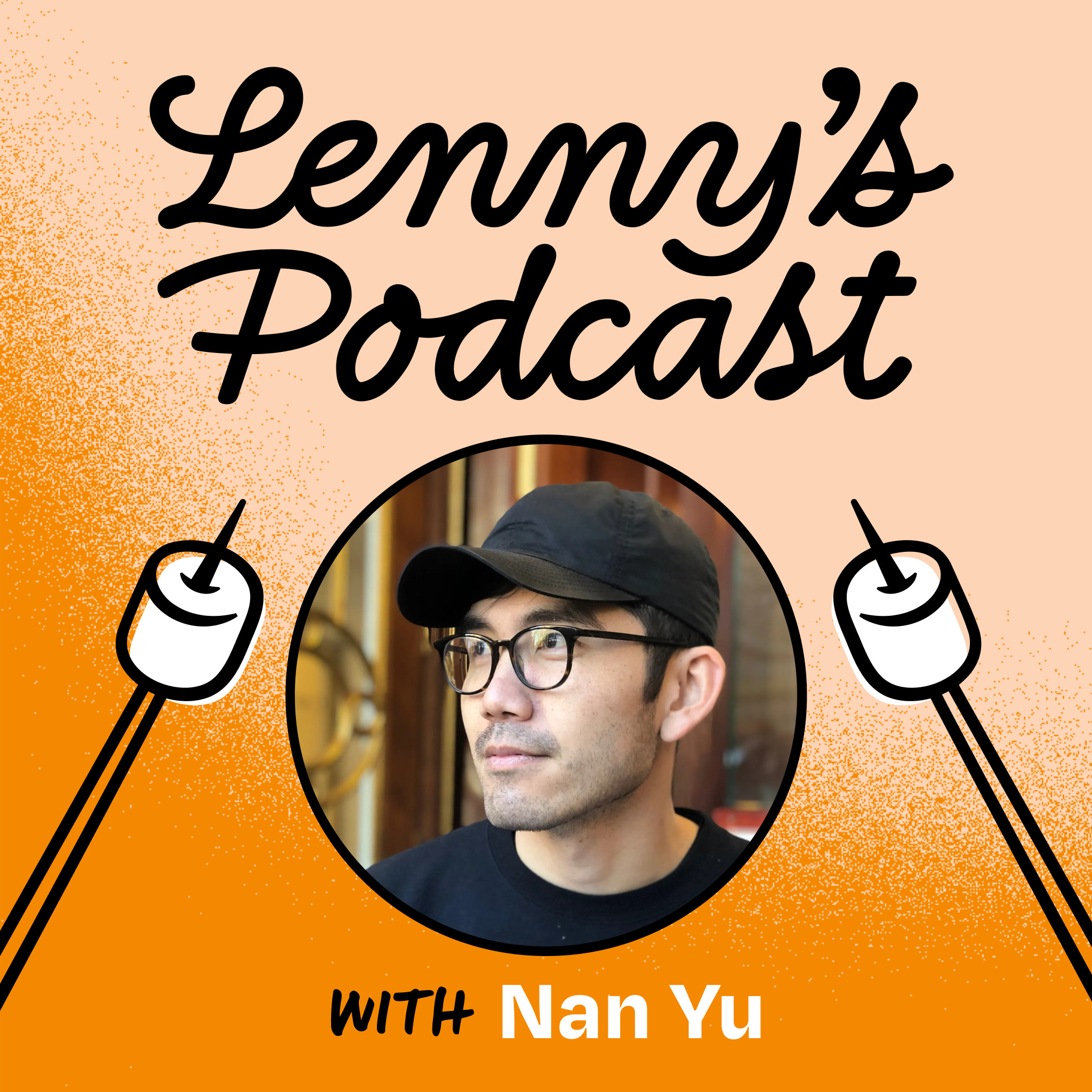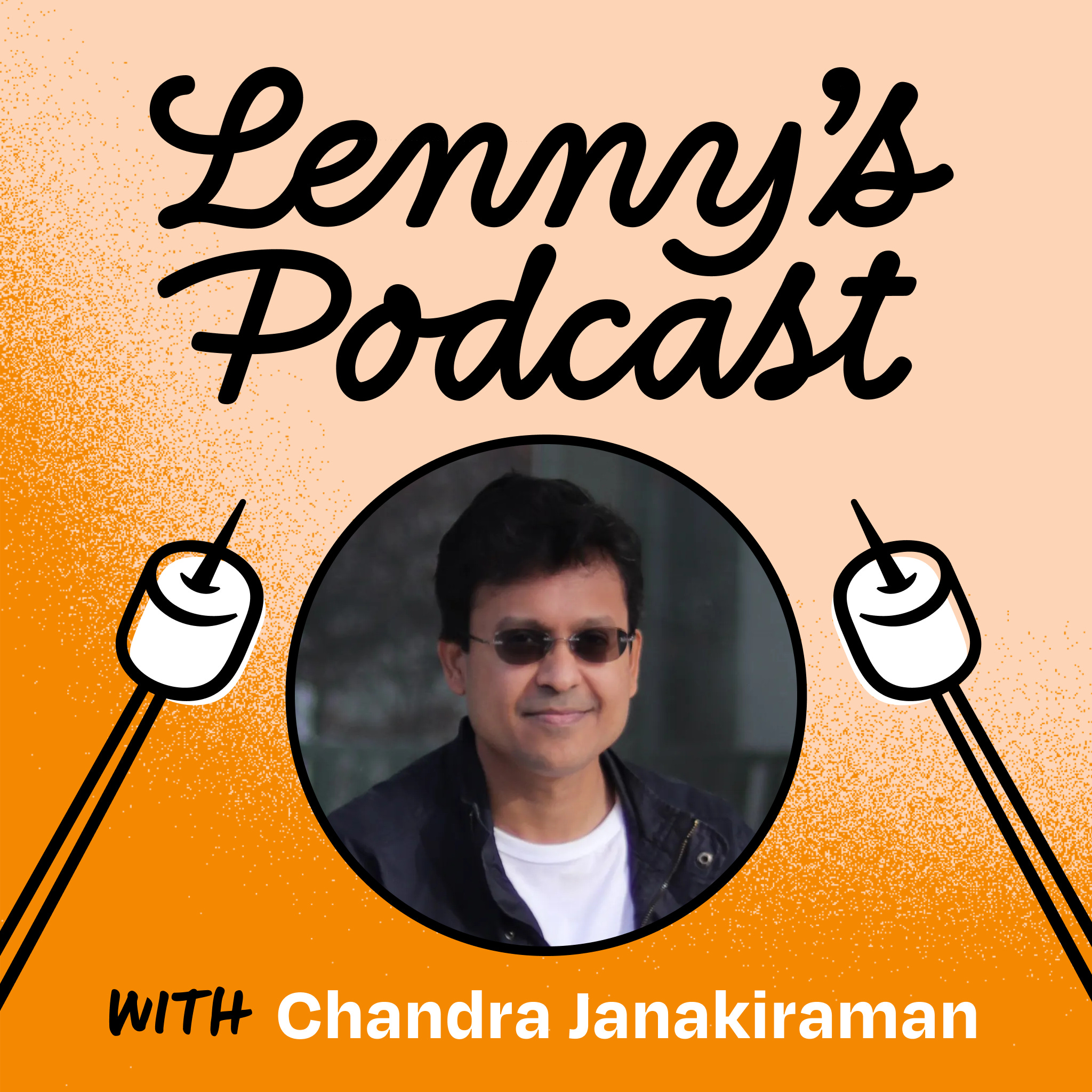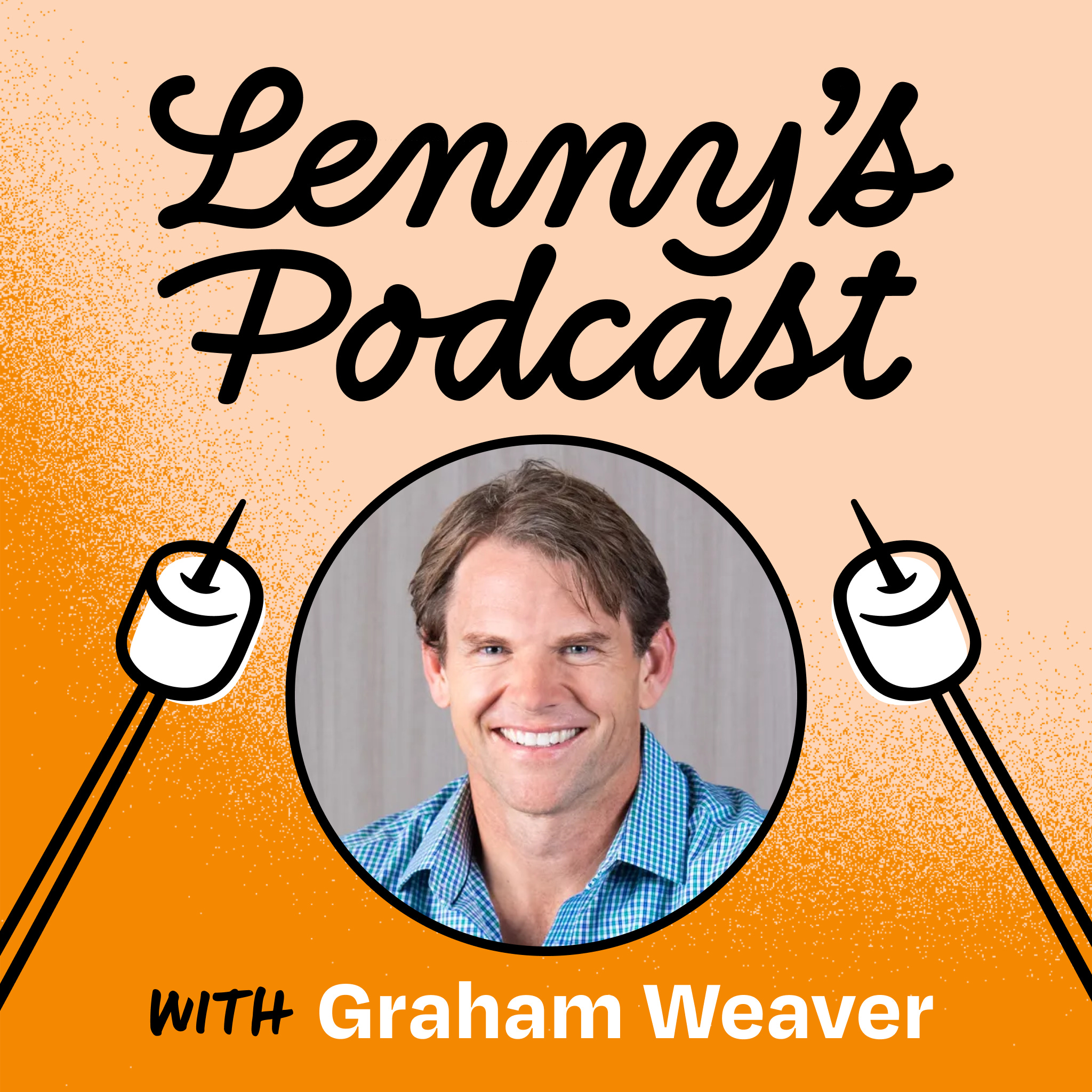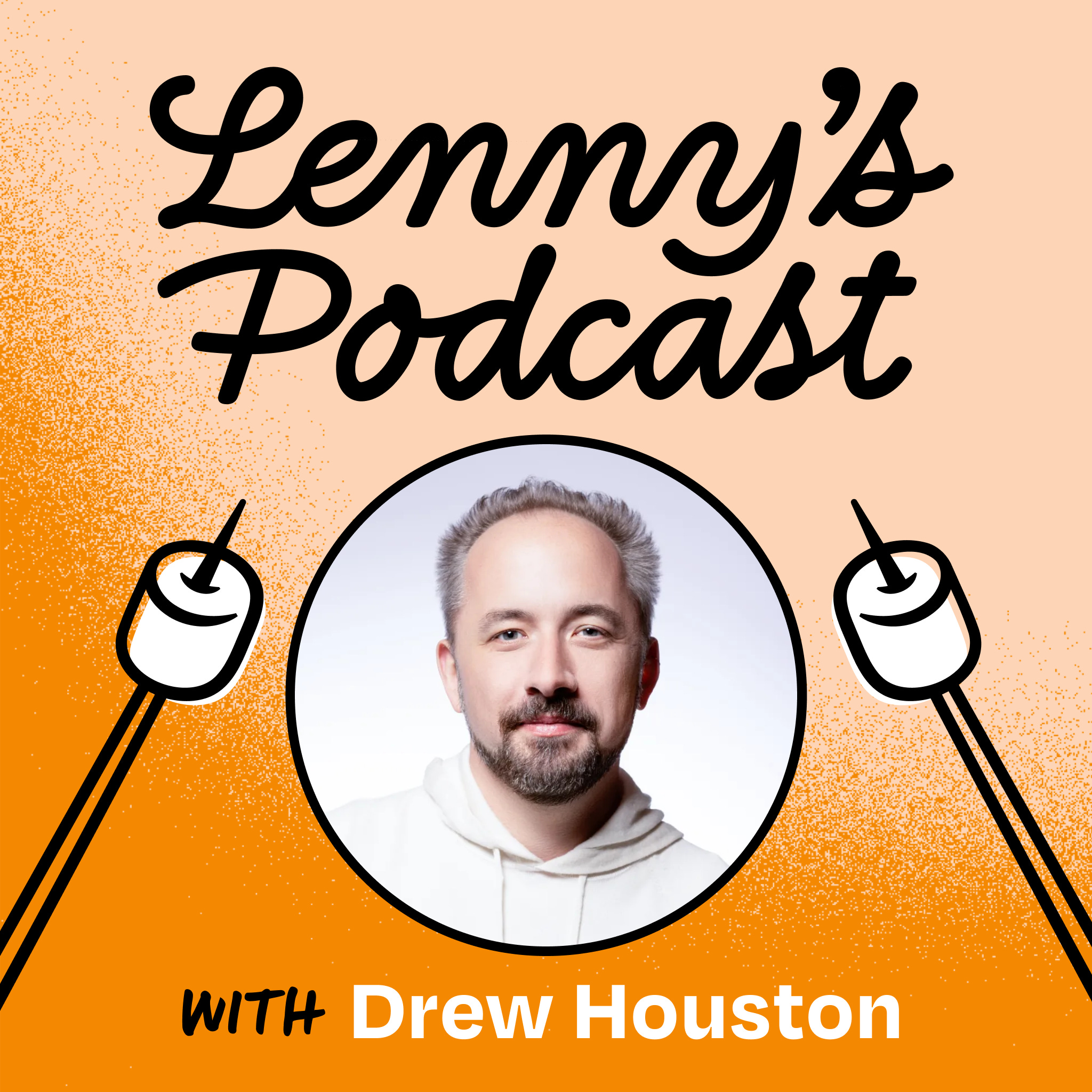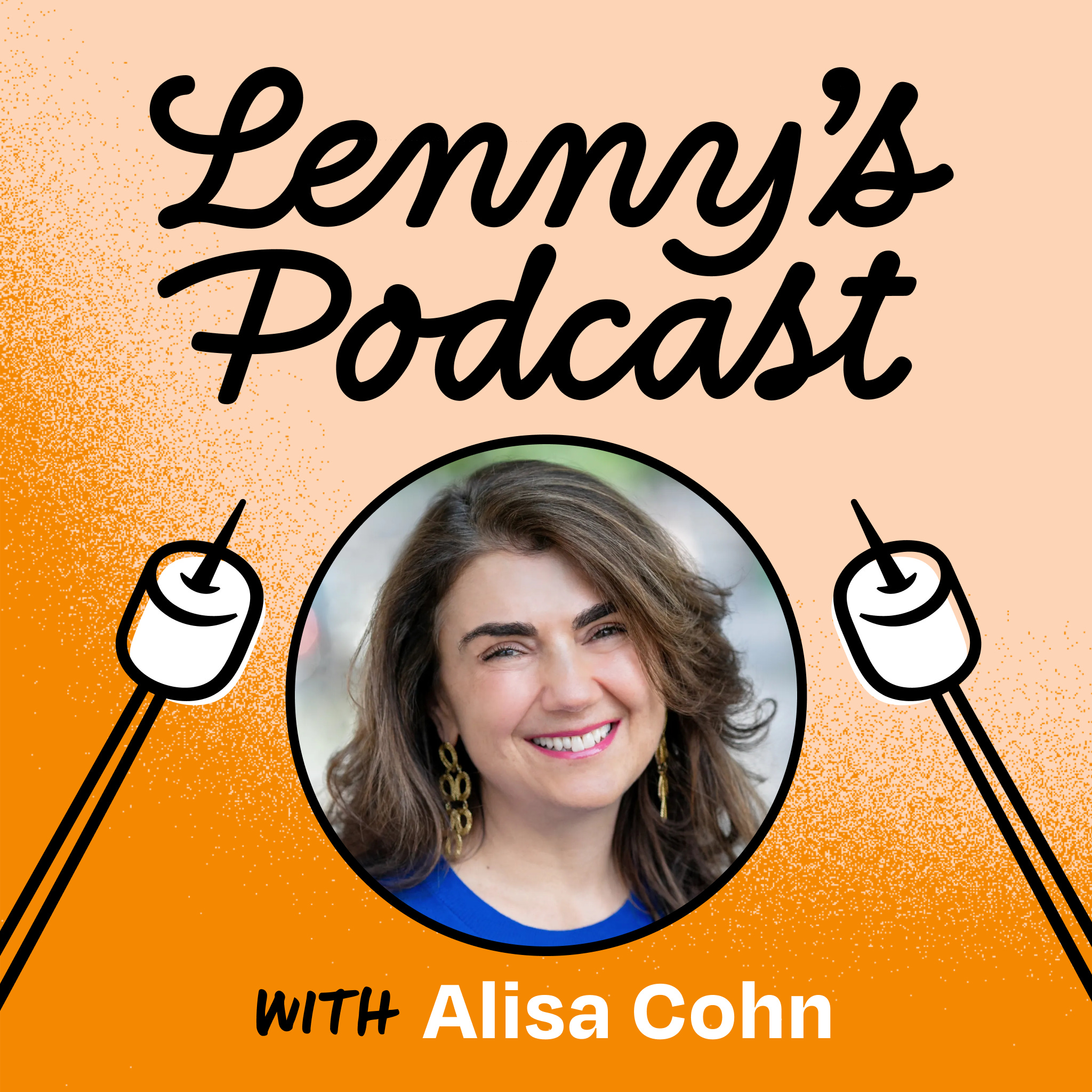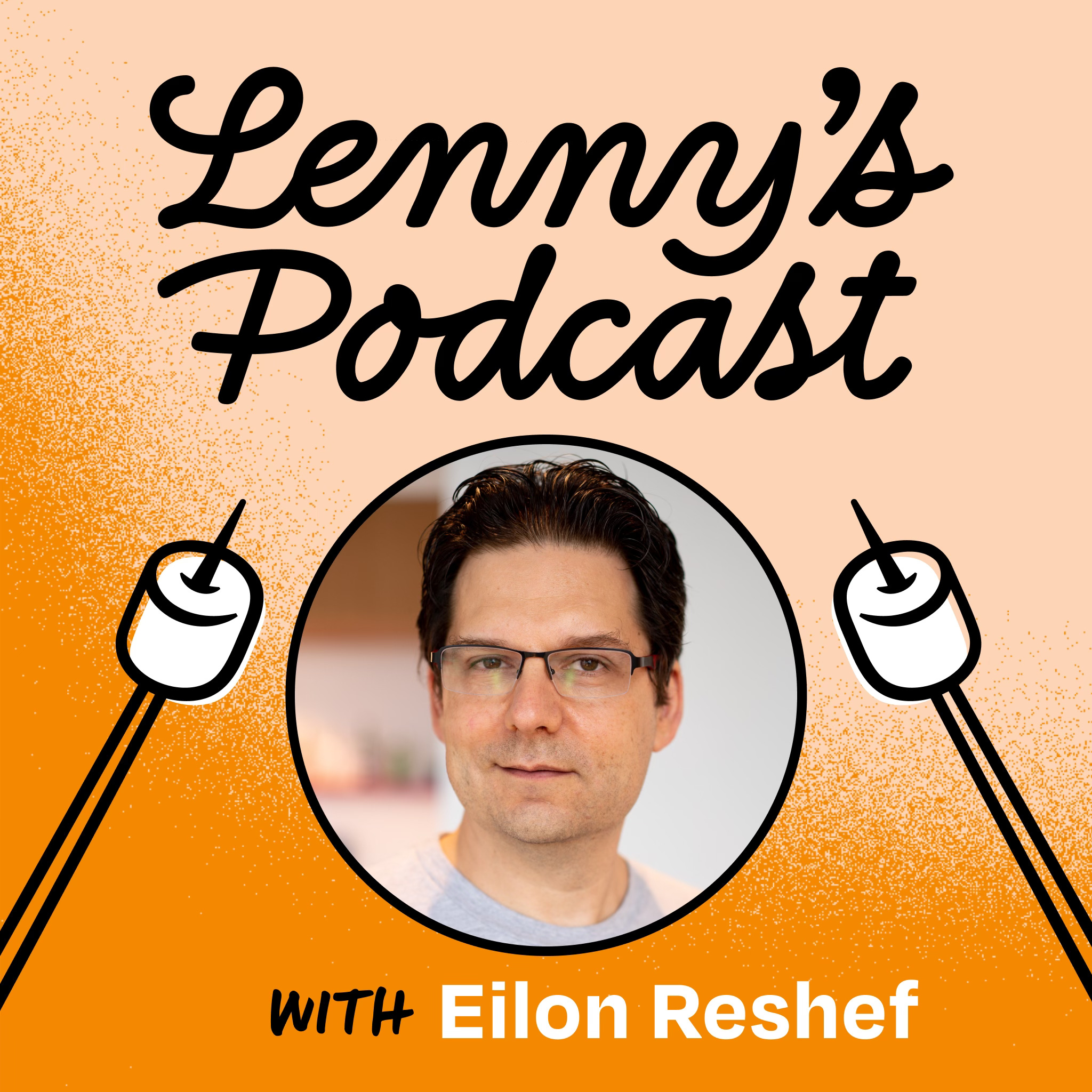
January 12, 2025 • 1hr 19min
How to build your product team from scratch, attract top product talent, go multi-product, and more | Rohini Pandhi (Mercury, Square)
Lenny's Podcast: Product | Growth | Career
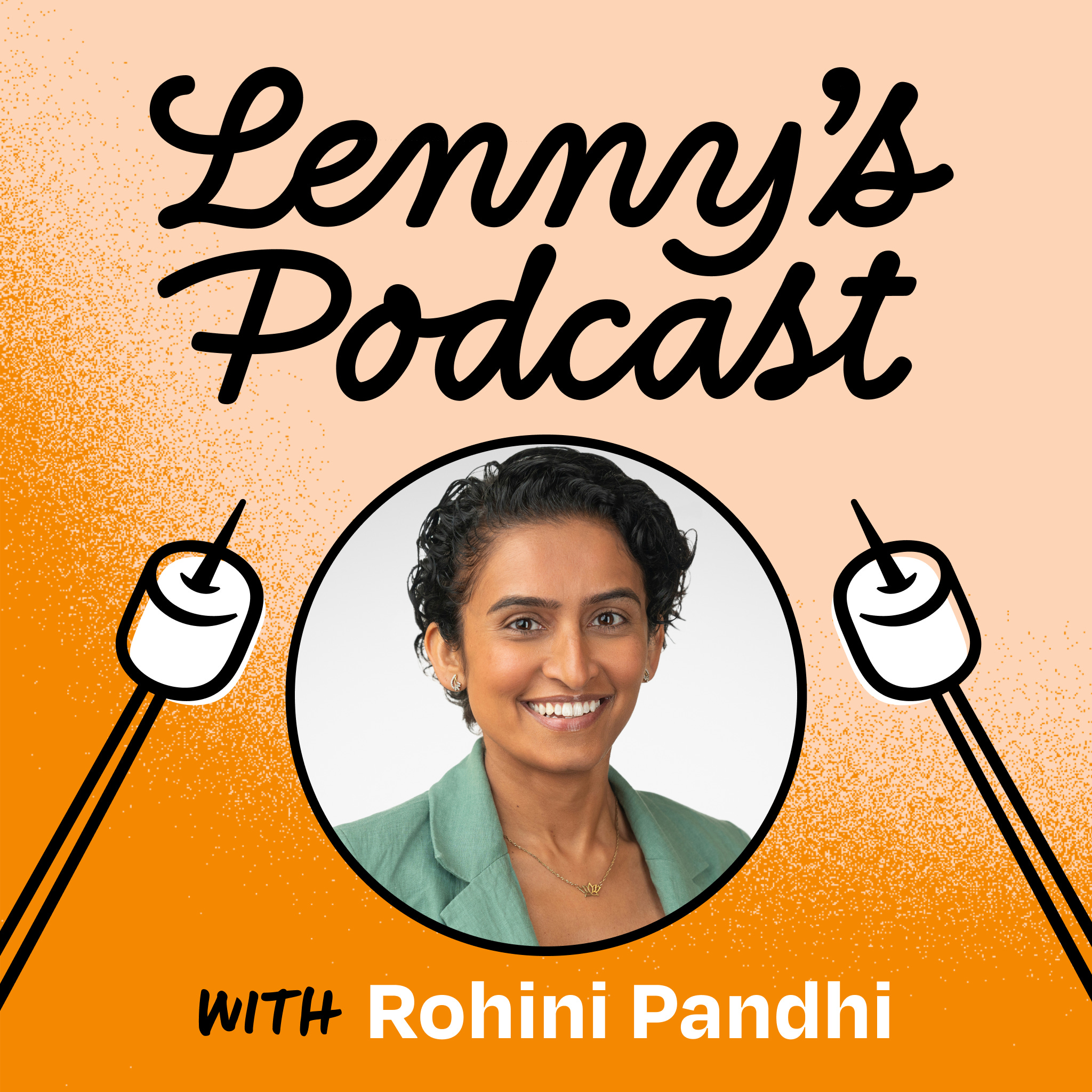
Key Takeaways
- On Building Product Teams:
- Founders should be the first PMs and avoid hiring dedicated PMs too early
- Key signs it's time to hire PMs: bottlenecks in decision-making, increasing complexity, and teams getting pulled away from core responsibilities
- Success requires defining clear PM expectations, career ladders, and interview processes aligned with company values
- On Product Quality:
- Details and quality matter especially in "boring" industries like fintech where trust is critical
- Quality can be a key differentiator and competitive advantage when done intentionally
- Investment in quality helps attract top talent who want to build excellent products
- On Multi-Product Strategy:
- New products need organizational separation from core products to thrive
- Look for adjacent opportunities with existing distribution advantages
- Start with free offerings to validate product-market fit before monetizing
- Dedicated cross-functional teams with quarterly check-ins drive success
Introduction
Rohini Pandhi is currently a product leader at Mercury where she leads the product expansion team focused on incubating and scaling new product lines. She previously spent over seven years at Square/Block leading product work on payments, invoicing and the BitKey hardware Bitcoin wallet. She's also the co-founder of startup bootcamp Transparent Collective and an active angel investor.
Topics Discussed
The Journey from No PMs to Building a Product Team (05:00)
Mercury operated successfully without dedicated product managers for several years, growing to 400 employees (200 in R&D) before hiring their first PM. This worked because:
- Founders acted as the original PMs, staying close to customers and product decisions
- They hired engineers and designers with strong product mindsets
- Teams had autonomy to make local product decisions
Signs It's Time to Hire Product Managers (09:51)
Key indicators that triggered Mercury to start building their PM team:
- Decision bottlenecks when everything required founder input
- Increasing complexity in partnerships and cross-functional collaboration
- Engineers and designers getting pulled away from core responsibilities to handle PM duties
- Scale challenges making it impossible for founders to stay involved in all product decisions
Building the Product Team Foundation (13:18)
Mercury's approach to building their product organization included:
- Defining clear expectations and responsibilities for the PM role
- Creating a comprehensive career ladder aligned with company values
- Developing an interview process testing for key skills like product sense and customer obsession
- Planning to add a written component to evaluate communication abilities
Different Types of Product Managers (22:26)
Rohini describes three distinct types of PMs needed at different company stages:
- Pioneers: Excel at 0-to-1 product creation with no existing infrastructure
- Town Settlers: Thrive in growth stage, building foundational elements
- City Planners: Skilled at managing mature products at scale
Attracting Top PM Talent (26:15)
Key factors in attracting great product managers:
- Understanding where candidates are on their career "S-curve" of ambiguity vs. scale
- Providing meaningful challenges that align with their growth goals
- Creating opportunities to work with other talented product leaders
- Being transparent about both opportunities and challenges
Investing in Product Quality (35:59)
Rohini's perspective on quality:
- Details matter especially in fintech where trust is critical
- Quality investments compound into competitive advantages
- Small intentional improvements add up to significant differentiation
- High-quality products help attract and retain top talent
Multi-Product Strategy (44:10)
Mercury's approach to launching new products:
- Created separate organizational structure for new product development
- Focused on adjacent opportunities with existing distribution advantages
- Started with free offerings to validate product-market fit
- Dedicated cross-functional teams with quarterly check-ins
Organizational Structure for Multi-Product Success (46:37)
Key organizational elements:
- Separate new product teams from core product teams
- Dedicated cross-functional resources including engineering, design, and product
- Regular evaluation cycles every quarter/half-year
- Different development cycles for new vs. mature products
Customer Obsession and Product Development (52:07)
Mercury's approach to customer research:
- Expectation of at least one customer conversation per week per PM
- Multiple channels for customer feedback including direct conversations, surveys, and support interactions
- Focus on observing actual behavior versus just listening to feedback
- Balance between customer needs and business viability
Transparent Collective: Supporting Underrepresented Founders (1:05:57)
Rohini co-founded Transparent Collective to help underrepresented founders:
- Provides resources and connections to build successful tech companies
- Runs intensive week-long programs in San Francisco
- 70% of participants have raised venture funding
- Total of $125M+ raised by program alumni
Conclusion
The conversation with Rohini Pandhi provides valuable insights into building product teams, launching new products, and maintaining quality while scaling. Her experience at both Mercury and Square/Block demonstrates the importance of intentional organization design, customer obsession, and strategic thinking in product management. The discussion also highlights how investing in quality and craftsmanship can become a key differentiator, especially in seemingly "boring" industries like fintech.
